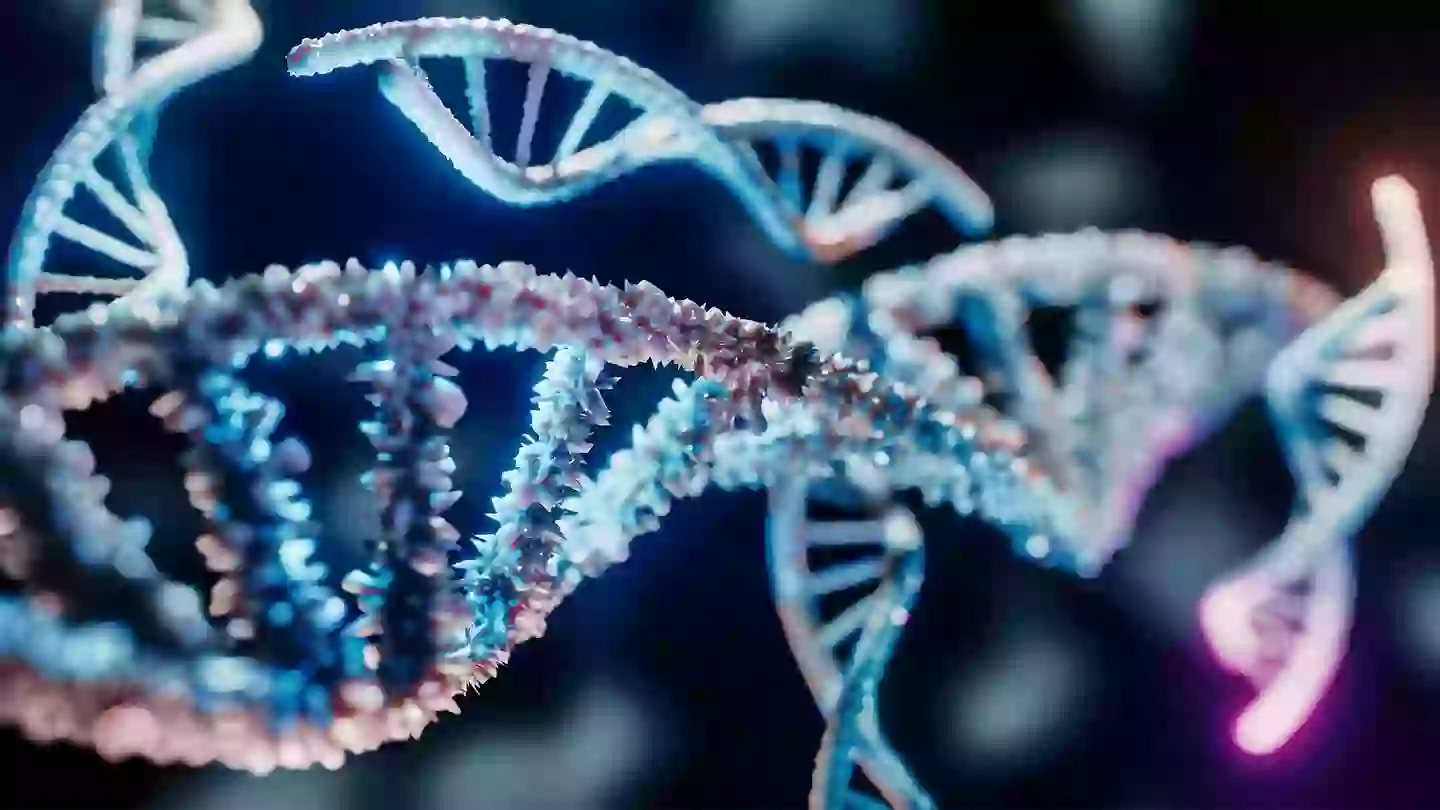Scientists Reveal Shocking Body ‘Deletion’ That Could Make Humans Immune to Obesity Forever
What if I told you that the secret to dodging obesity might just be tucked away inside a tiny protein in our bodies? Yup, scientists are buzzing with excitement over this one—imagine becoming “immune to obesity” simply by deleting a pesky little protein called MTCH2 (or “Mitch,” if you prefer its nickname). Given that nearly two-thirds of adults in England are carrying a bit more than they bargained for, and with obesity dancing dangerously close to everything from heart issues to mental health woes, this discovery might just be the plot twist we didn’t see coming. But, of course, in the world of science, things are never quite that simple. Ready to dive into how this protein might be rewriting the obesity playbook (and what hidden catches lie beneath)? LEARN MORE.
According to scientists, humans could become ‘immune to obesity’ if we can ‘delete’ a protein in our bodies.
With obesity linked to a vast number of health issues, researchers are continuously looking at ways to conquer the problem.
Research conducted between 2022 and 2023 found that 64 percent of adults in England were estimated to be overweight or living with obesity.
It is seen as a risk factor for a number of health issues, including cardiovascular disease, type 2 diabetes, cancer, liver disease, respiratory disease and mental health.

Scientists have found a protein that could be key to tackling obesity (Getty Stock Image)
Researchers at the Weizmann Institute of Science, in Israel, were analysing mouse genes a few years ago, when they came across a protein called MTCH2, nicknamed ‘Mitch’.
The study, published in The EMBO Journal, revealed how the protein plays a significant role in obesity, with scientists explaining that ‘deleting’ the protein saw a dramatic change in the mice.
“We discovered that deleting Mitch led to a major drop in fats in membranes,” Professor Atan Gross, head of the Institute’s Gross Lab, said in a statement.
“At the same time, we saw an increase in fatty substances used to produce energy and we realised that the fat was being broken down from the membrane to be used as fuel.”
Incredibly, in mice whose MTCH2 protein was deleted, scientists saw they developed more muscle, stamina and improved heart function.

Researchers made the discovery while analysing mouse genes (Getty Stock Image)
Even when they were fed high-fat diets, they seemed ‘immune’ to piling on weight.
And the results were seen in human cells, too.
“After deleting Mitch, we examined, every few hours, the effect that had on more than 100 substances taking part in metabolism in human cells,” said Sabita Chourasia, a doctoral student.
“We saw an increase in cellular respiration, the process in which the cell produces energy from nutrients, such as carbohydrates and fats, using oxygen.
“This explains the increase in muscular endurance in previous experiments using mice.”

The findings are a step forward in understanding obesity and potential ways it can be treated (Getty Stock Image)
However, there is a catch to ‘deleting’ the protein which could be problematic, with Professor Gross adding: “When we deleted Mitch from the progenitor cells, we discovered that the environment created in these cells was not conducive to the synthesis of new fats.
“Reducing the ability to synthesise membranes prevents the cells from growing, developing and reaching the point where differentiation is possible.”
Meanwhile, back in 2017, the team linked losing the protein to severe Alzheimer’s disease.
However, it is a step forward in understanding obesity and potential ways it can be treated, with Professor Gross adding: “[F]at accumulation requires a large amount of available energy, but in cells without Mitch, there is a shortage of energy.
“In addition, the expression of genes necessary for differentiation is suppressed, and there is a shortage of the substances vital for this process to occur. As a result, differentiation of new fat cells is reduced, along with fat accumulation.
“In other words, we showed that Mitch determines the fate of fat in human cells.”
Auto Amazon Links: No products found.













